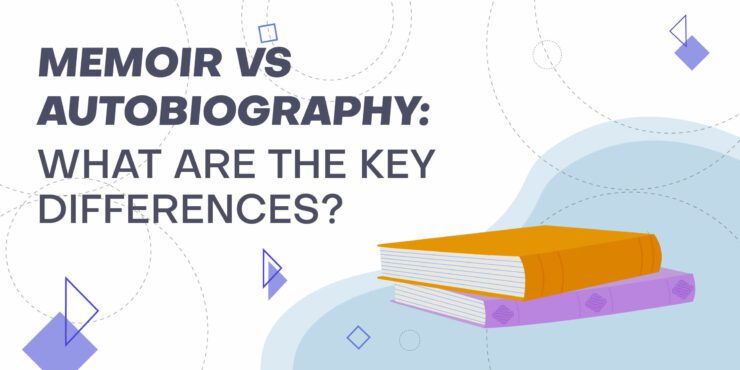Distinguishing between a memoir vs. an autobiography is not just about semantics; it's about understanding two distinct approaches to narrating your life story. While both genres are deeply rooted in your experiences, they cater to different audiences with varying expectations.
As someone who regularly navigates the intricacies of narrative forms, I've seen firsthand how this distinction can shape the way stories are told and received. You’re in the right place to learn to recognize the differences between the two.
I’ll walk you through the nuances of memoirs vs. autobiographies, offer you insights into their unique attributes, and guide you through the decision-making process for which path is right for your story.
Our Book Ghostwriting Service



- A proven track record of satisfied clients - (check out some testimonials)
- Will write autobiographies, biographies, business books, blogs, newsletters, and more.
- Professional audiobook recording and translation are available
- Our approach covers the entire process, from planning to launch.
Table of Contents
We offer this website completely free to our visitors. To help pay the bills, we’ll often (but not always) set up affiliate relationships with the top providers after selecting our favorites. However, we do our best not to let this impact our choices. There are plenty of high-paying companies we’ve turned down because we didn’t like their product.
An added benefit of our relationships is that we always try to negotiate exclusive discounts for our visitors.
What Is a Memoir?


A memoir zeroes in on the big moments or themes of your life, focusing on the emotional truth rather than just facts. It's not about detailing every event from birth to now; it's about sharing the real, raw emotions and lessons from those key experiences.
You get to tell your story by how it felt, what you learned, and why it's important. Reading a memoir means getting the heart and soul behind the stories, not just a list of what happened.
Why Write One?


Choosing to write a memoir over an autobiography can offer unique advantages, particularly in how you connect with and impact your readers:
- Emotional Depth: Writing a memoir allows you to explore and share the emotional truths behind your experiences, offering readers a deeper, more intimate connection to your stories.
- Focused Narrative: With a memoir, you can concentrate on a specific theme, event, or period in your life, making your story more engaging and powerful for those with similar interests or experiences.
- Personal Growth: Memoirs often focus on personal transformation and growth, providing an opportunity to reflect on your life's pivotal moments and the lessons learned from them.
- Creative Freedom: The memoir genre offers more flexibility in narrative style and structure, allowing you to play with different storytelling techniques to best convey your emotional journey.
- Audience Engagement: Since memoirs delve into the human experience with authenticity and vulnerability, they can resonate more deeply with readers, creating a stronger emotional bond.
- Legacy of Insight: Writing a memoir gives you a platform to share your wisdom and insights, leaving a legacy that's not just about what happened in your life, but what it all meant.
What Is an Autobiography?


An autobiography is your life story, start to finish, packed with all the facts and events that have shaped you. It's like laying out the whole map of your journey, including every significant milestone and challenge you've faced.
You're not just focusing on the emotional side of things but giving the full picture-where you came from, what you did, and how you got to where you are now. When you read an autobiography, you're getting the detailed timeline of someone's life straight from the source.
Why Write One?
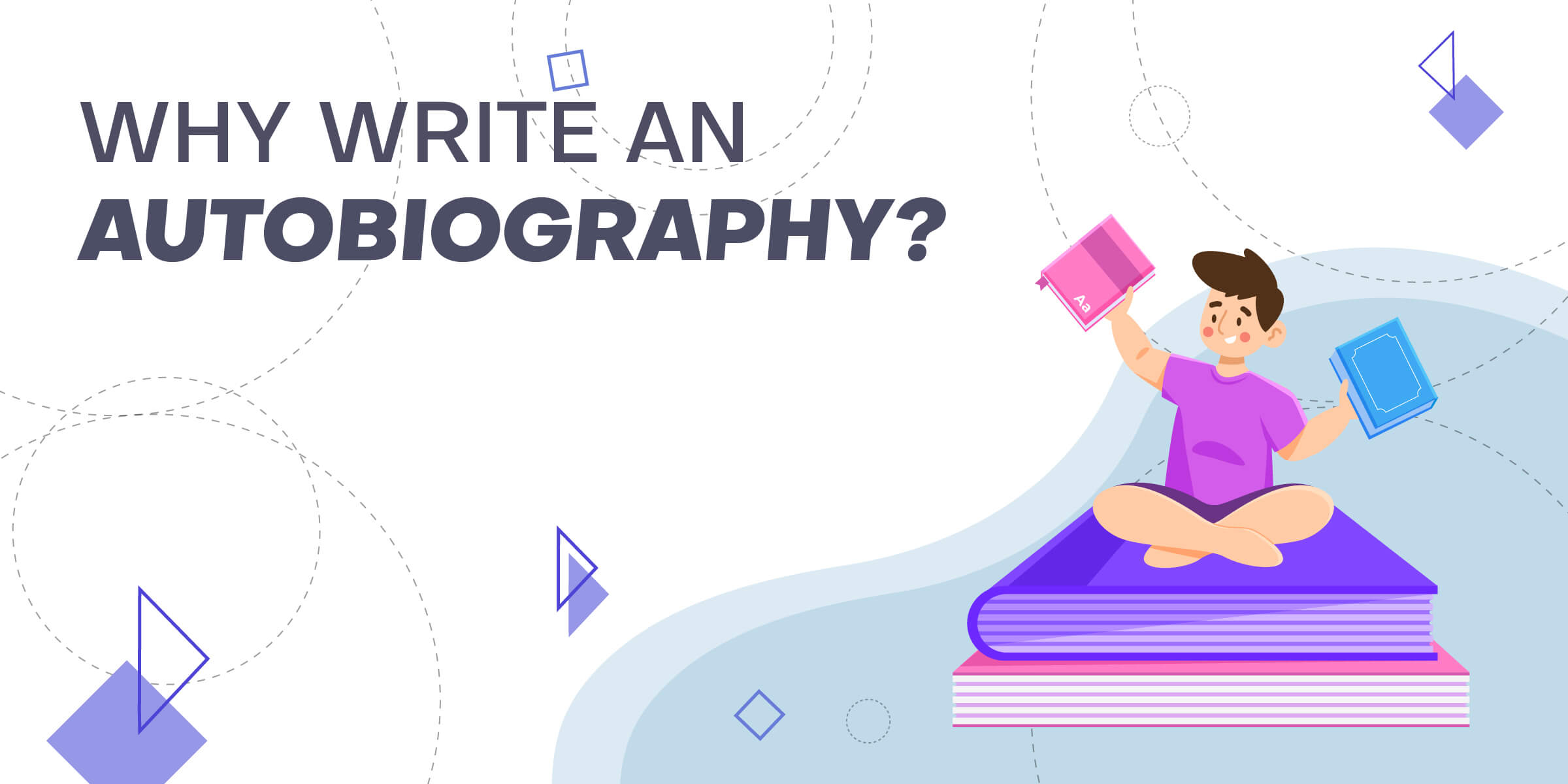

Opting to write an autobiography instead of a memoir presents its own set of compelling reasons, especially for those looking to leave a detailed and factual legacy:
- Comprehensive Life Story: An autobiography allows you to document your entire life journey, providing a complete historical record for future generations.
- Factual Detail: This format emphasizes factual accuracy and chronological order, making it ideal for sharing the exact details of your life’s events, achievements, and milestones.
- Legacy and Heritage: Writing an autobiography helps preserve your legacy, offering a detailed account of your life, values, and experiences for your descendants and historians.
- Inspirational Potential: The full recounting of your life's challenges and triumphs can serve as a source of inspiration and guidance for readers facing similar situations.
Memoir vs. Autobiography Key Differences
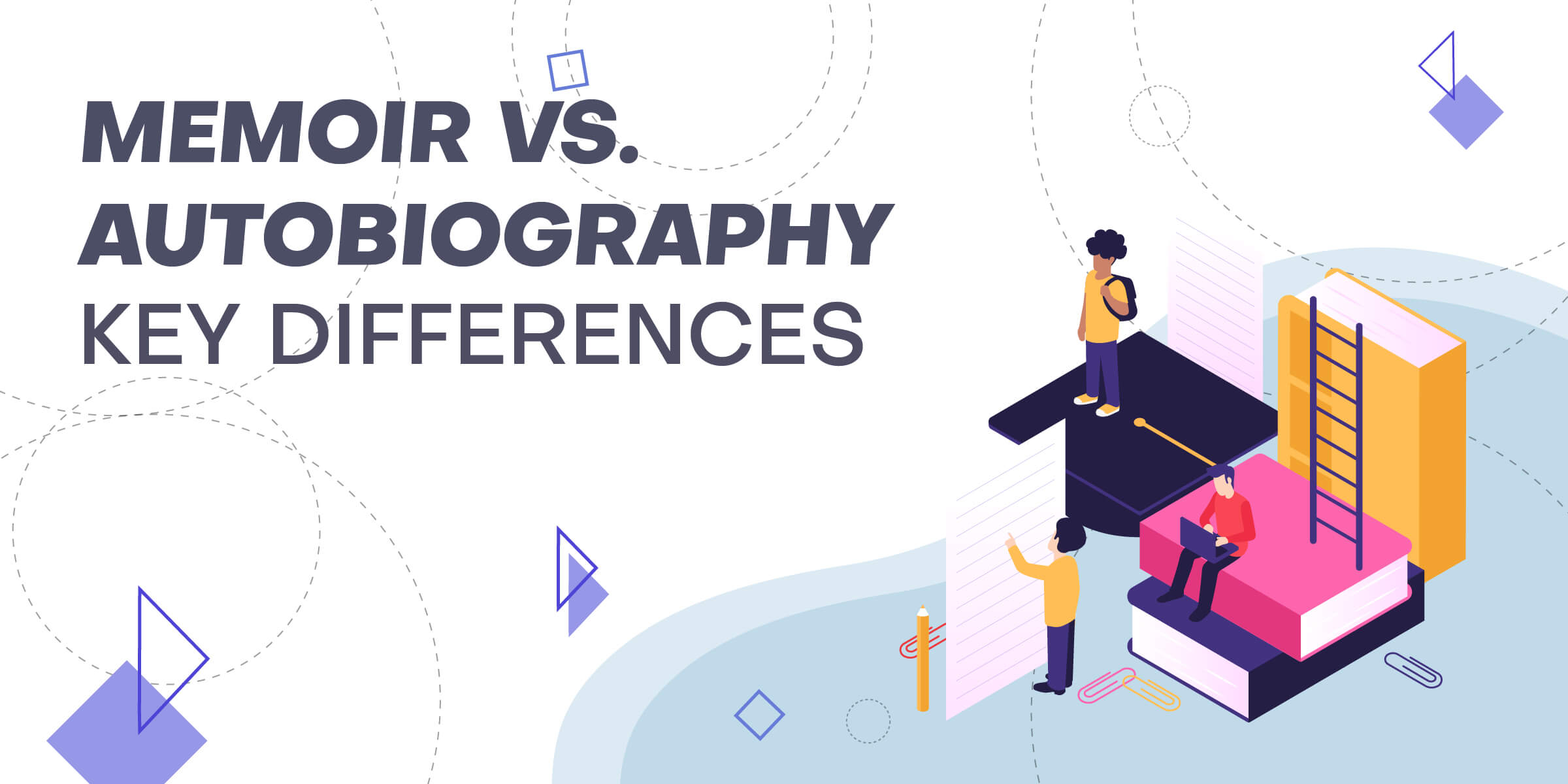

Because memoirs and autobiographies are closely related, it can be difficult to know which one fits your goals. Below is a comparison to help you distinguish the two genres.
Factor | Memoir | Autobiography |
|---|---|---|
| Focus | ||
| Scope | ||
| Detail | ||
| Narrative Style | ||
| Audience Appeal | ||
| Purpose | ||
| Tone | ||
| When to Choose |
Structure and Style Differences
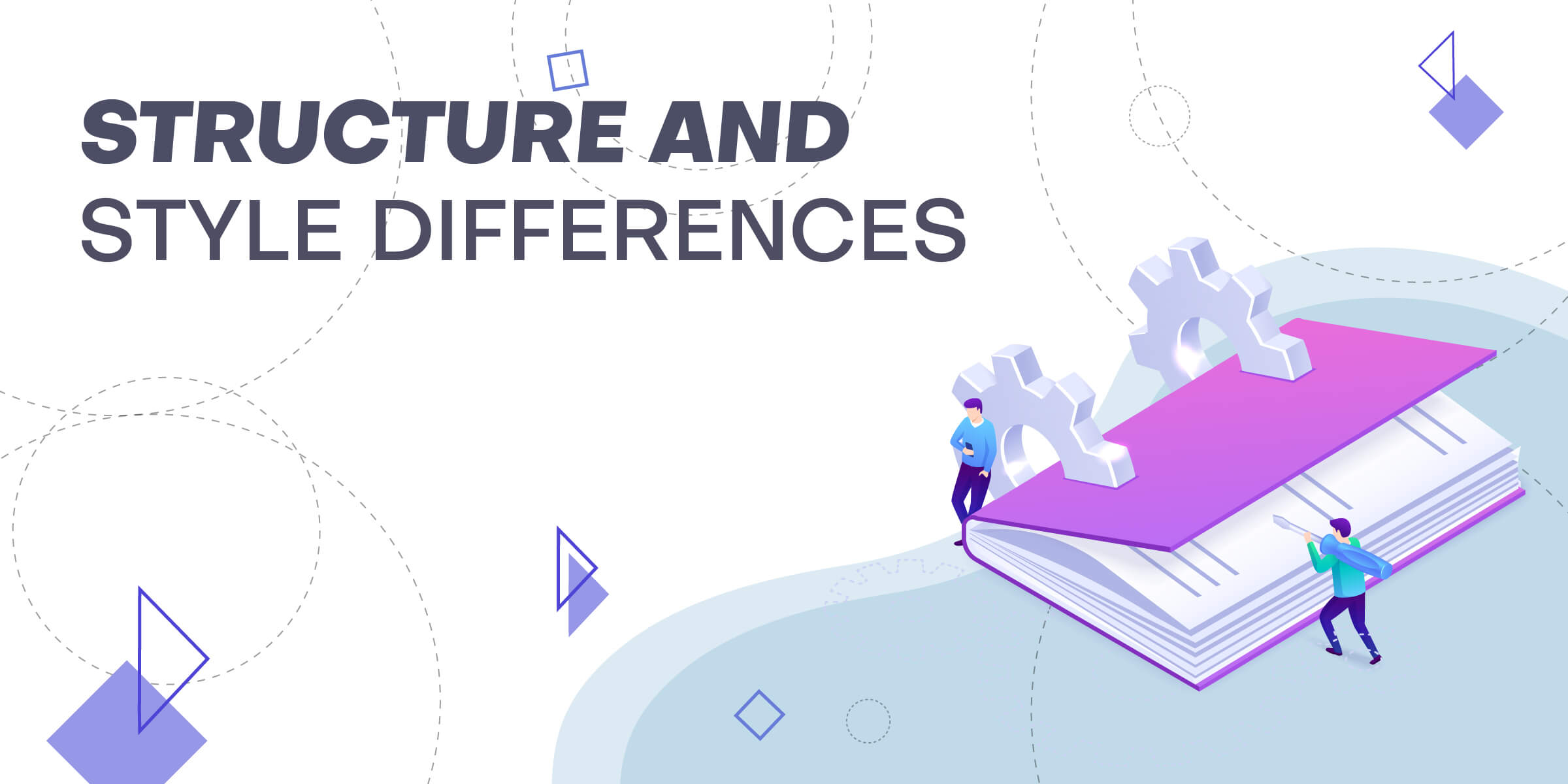

Structure
When it comes to structure, memoirs give you the freedom to hop around your life's timeline, focusing on the moments or themes that really shaped you. It’s less about when things happened and more about the impact they had. Autobiographies, though, line everything up in order, from the early days until now, making sure every significant milestone gets its moment.
Style
Style-wise, memoirs lean into a more vivid, narrative way of telling your story-think rich descriptions and deep dives into how things felt. Autobiographies keep it straight, aiming for clarity and sticking to the facts. While memoirs invite you into a conversation, autobiographies present a clear record of events, keeping you informed and engaged in a different way.
Purpose and Audience
The purpose of a memoir is to dive deep into specific chapters of your life. It focuses on the personal growth, emotional truths, and pivotal moments that have shaped you. Memoirs are about sharing those raw, real experiences in a way that might touch someone else, offering them insights, comfort, or a new perspective. Memoir readers are usually looking for stories that resonate on a personal level, where the emotional journey is front and center.
The purpose of an autobiography is to lay out your life story from start to finish, documenting the milestones, challenges, and achievements that define you. It's a way to preserve your experiences, providing a factual and comprehensive record for others to learn from or be inspired by. Readers of autobiographies are typically drawn to the broader narrative of your life, interested in the historical context, the facts, and the sequence of events that tell the full story of who you are.
Should I Write a Memoir or Autobiography?


Deciding whether to write a memoir or an autobiography can be a difficult choice for any writer. It carries the weight of shaping not only how you tell your story but also how your future readers receive it. Consider the following questions to clarify your intentions and guide your decision-making process:
Memoir Focus | Autobiography Focus |
|
|---|---|---|
| What is my primary goal? | ||
| Which moments matter most? | ||
| Who is my intended audience? | ||
| What style suits me best? | ||
| How comfortable am I with vulnerability? | ||
| What legacy do I want to leave? | ||
| How much do I value creative freedom? | ||
| What impact do I want my writing to have? |
I’m sure that when you read through these questions, one resonated with you more than the other. If you can see your story in both columns, let me give you a bit of advice on how to decide a bit more.
- Test it out. Try out a chapter or do an outline in each style. The great thing about testing both styles out is that it’s very little investment for a much bigger payout. Pay attention as you write. For example, do you notice any resistance? Like you are trying to outline or write the memoir, but you keep switching toward a more linear autobiography. That’s an indication of what your natural style is as a writer. (See tip 3.)
- Get feedback. If you just can’t decide between the test chapters or outlines, let some trusted-and brutally honest-friends read them. They can be a sort of tiebreaker. (Pro tip: Don’t listen to anyone who only tells you that it’s good. You want folks who will tell you the truth, even if it might sting.)
- Trust your gut. You don’t have to be a veteran writer to trust your writerly gut. After you’ve done your test(s) and perhaps gotten feedback, go with the choice you think best fits your story. Trust your natural bent as a writer. It will make the process so much more rewarding and enjoyable.
Consider a Ghostwriter for Your Book Project
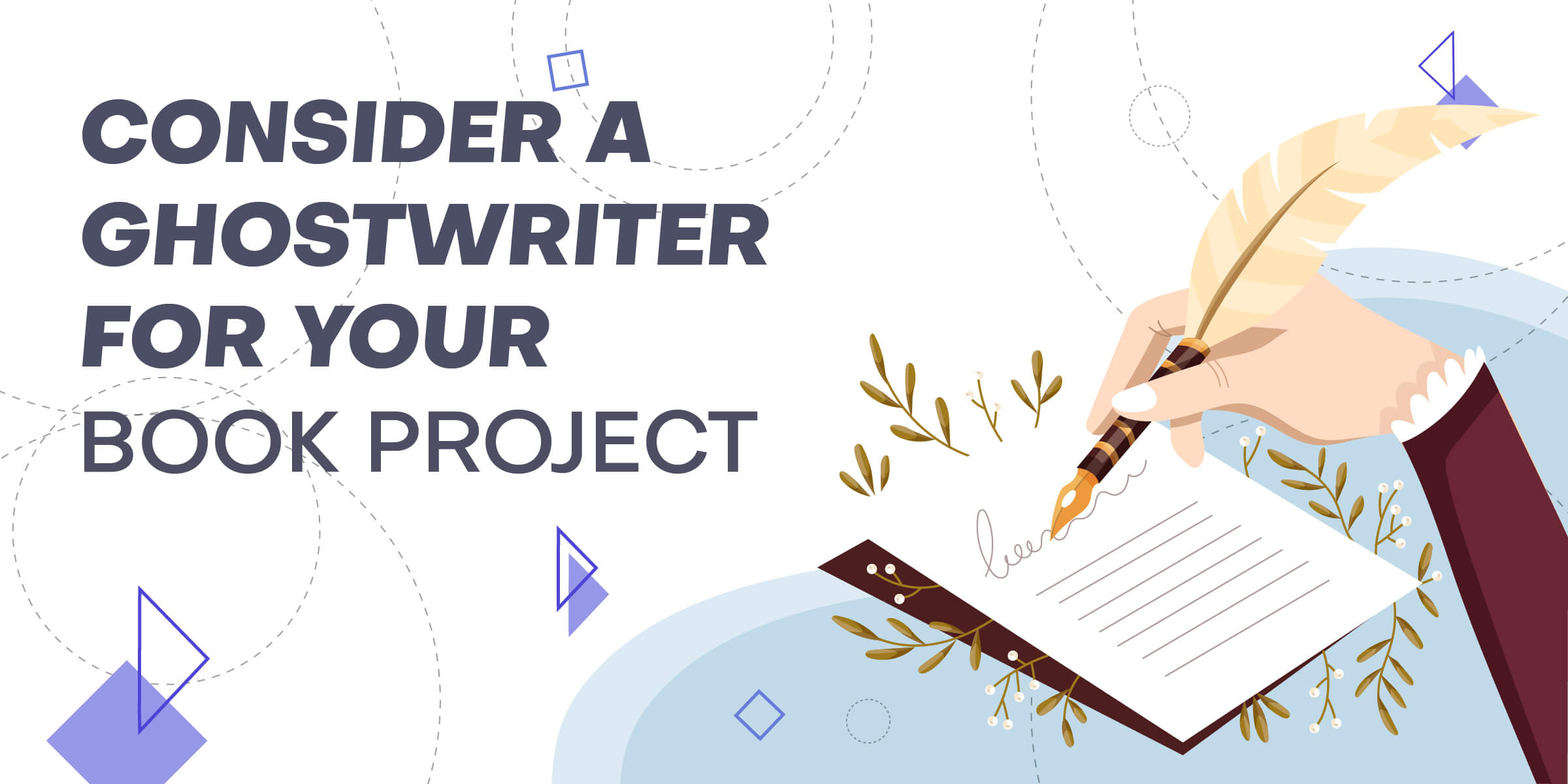

Perhaps you would love to get your memoir or autobiography out there, but you realize you might not have the time or the writing chops to craft your story. That's when bringing a ghostwriter on board can be a smart move. Ghostwriters are pros who, after promising to keep your secrets, work with you quietly to get your memoir down on paper. Plus, you get all the credit as the author.
Collaborating on a memoir or autobiography with a ghostwriter means you'll work closely together. They'll chat with you to get the essence of your story, do the legwork on any extra research needed, pen the draft, and tweak it with your or your editor's input.
Here's when you should think about hiring a ghostwriter for your memoir:
- Pressed for Time: You've got a story that needs to be told, but your schedule is too full.
- Concerns About Writing Well: You're not confident in your ability to capture and hold an audience's attention with your writing.
- Looking for a Team Effort: You're open to someone else adding their flair to your story, making it even more powerful and appealing.
- Feeling Overwhelmed: Just the thought of sorting out and writing down all those impactful experiences makes your head spin.
- Needing Emotional Buffer: It's tough to write objectively about your own life, or maybe revisiting certain chapters is just too hard emotionally.
Conclusion
Deciding between a memoir and an autobiography depends on what part of your story you’re itching to share. If you want to dive into the emotional depths and meaningful moments, a memoir will suit you well. But if you want to lay out the full journey of your life with all the details, an autobiography is the way to go.
Consider what matters most to you in your story and how you want it to resonate with readers. Each path offers a unique way to connect and share your experiences. Your story matters, and choosing the right format is just the first step in bringing it to life.
Our Book Ghostwriting Service



- A proven track record of satisfied clients - (check out some testimonials)
- Will write autobiographies, biographies, business books, blogs, newsletters, and more.
- Professional audiobook recording and translation are available
- Our approach covers the entire process, from planning to launch.
Frequently Asked Questions
Why write a memoir instead of an autobiography?
Writing a memoir lets you focus on the emotional truths and deep insights of specific life experiences or themes that have profoundly impacted you. It’s about exploring and sharing the depth of personal growth and the emotional journey tied to key moments or periods. Memoirs are ideal for those who want to connect deeply with readers on a more intimate level. They offer relatable, reflective narratives rather than a comprehensive life history.
Is a memoir a biography?
No, a memoir is not a biography. While both are non-fiction and deal with real people's lives, a memoir is written by the person it's about and focuses on certain aspects or periods of their own life. It's highly personal and subjective. A biography, on the other hand, is the life story of a person written by someone else, aiming for a more objective and complete portrayal of the subject's life from birth to death or a significant portion of it.
Is a memoir more emotional than an autobiography?
Generally, yes. Memoirs tend to delve deeper into the emotional and psychological aspects of the writer’s experiences. They prioritize the personal and emotional truths behind the authors’ stories. Autobiographies, while they can also be emotional, typically focus more on presenting a factual, chronological account of the author's life, which may not always delve as deeply into the emotional significance of those events.
What is the difference between autobiographies and memoirs?
The main difference lies in their scope and focus. Autobiographies are comprehensive accounts of a person’s entire life, presented in chronological order, emphasizing factual details and historical events. Memoirs, in contrast, concentrate on specific periods or themes within the writer's life, prioritizing emotional truth and personal insight over the exhaustive detailing of every life event.
Why is a memoir so powerful?
A memoir’s power comes from its ability to forge deep connections with readers through shared human experiences, emotions, and vulnerabilities. By focusing on the author's emotional and psychological journey, memoirs invite readers into a more intimate and reflective space. These insights and reflections can resonate on a personal level, inspire change, or provide comfort for the reader. A memoir's narrowed focus and personal perspective often make it a compelling, relatable, and deeply impactful read.














